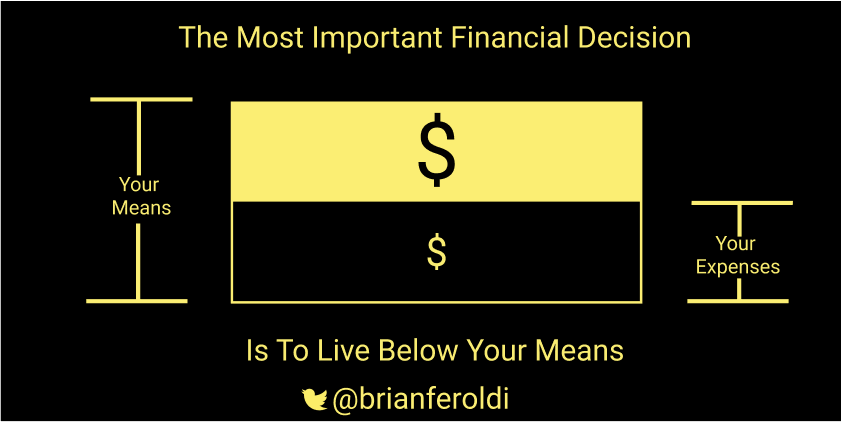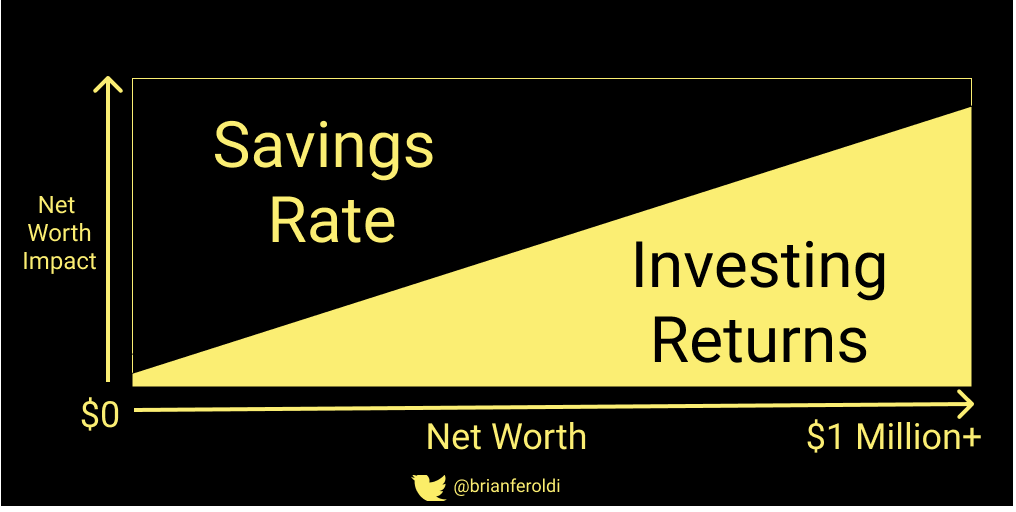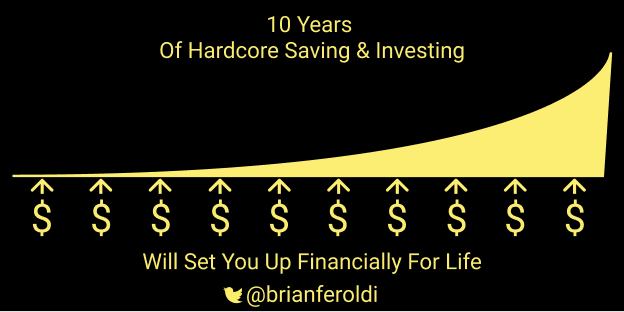I had trouble planning, I couldn't maintain any overview and constantly forgot things or at least didn't do ALL the steps.
To keep everybody busy this afternoon while I have a three hour meeting, here's a thread about my personal journey with ADHD.
I got diagnosed in August 2019, at age 33.
I had trouble planning, I couldn't maintain any overview and constantly forgot things or at least didn't do ALL the steps.
I made an appointment with my GP, who first referred me to the 'pratijkondersteuner' (psychologist-light sort of).
I started medication and a 12 week program of Cognitive Behavioral Therapy.
Like being in a very noisy room and suddenly everything gets quiet.
It just explained so many things of what I was dealing with and WHY I was dealing with them. Suddenly there was a reason for why I just couldn't do some things.
I NEVER made my homework even though I knew I had to and thought it was important to do. I just forgot.
Just go call someone? I'd rather die.
Knowing where I put something I had been holding just 2 seconds ago? HA! FOOL!
But you can definitely learn to live with it.
There was a neurological condition standing in my way!
It doesn't excuse it and madication doesn't take it away. But it makes dealing with it so much easier!
More from Life
1/“What would need to be true for you to….X”
Why is this the most powerful question you can ask when attempting to reach an agreement with another human being or organization?
A thread, co-written by @deanmbrody:
2/ First, “X” could be lots of things. Examples: What would need to be true for you to
- “Feel it's in our best interest for me to be CMO"
- “Feel that we’re in a good place as a company”
- “Feel that we’re on the same page”
- “Feel that we both got what we wanted from this deal
3/ Normally, we aren’t that direct. Example from startup/VC land:
Founders leave VC meetings thinking that every VC will invest, but they rarely do.
Worse over, the founders don’t know what they need to do in order to be fundable.
4/ So why should you ask the magic Q?
To get clarity.
You want to know where you stand, and what it takes to get what you want in a way that also gets them what they want.
It also holds them (mentally) accountable once the thing they need becomes true.
5/ Staying in the context of soliciting investors, the question is “what would need to be true for you to want to invest (or partner with us on this journey, etc)?”
Multiple responses to this question are likely to deliver a positive result.
Why is this the most powerful question you can ask when attempting to reach an agreement with another human being or organization?
A thread, co-written by @deanmbrody:
Next level tactic when closing a sale, candidate, or investment:
— Erik Torenberg (@eriktorenberg) February 27, 2018
Ask: \u201cWhat needs to be true for you to be all in?\u201d
You'll usually get an explicit answer that you might not get otherwise. It also holds them accountable once the thing they need becomes true.
2/ First, “X” could be lots of things. Examples: What would need to be true for you to
- “Feel it's in our best interest for me to be CMO"
- “Feel that we’re in a good place as a company”
- “Feel that we’re on the same page”
- “Feel that we both got what we wanted from this deal
3/ Normally, we aren’t that direct. Example from startup/VC land:
Founders leave VC meetings thinking that every VC will invest, but they rarely do.
Worse over, the founders don’t know what they need to do in order to be fundable.
4/ So why should you ask the magic Q?
To get clarity.
You want to know where you stand, and what it takes to get what you want in a way that also gets them what they want.
It also holds them (mentally) accountable once the thing they need becomes true.
5/ Staying in the context of soliciting investors, the question is “what would need to be true for you to want to invest (or partner with us on this journey, etc)?”
Multiple responses to this question are likely to deliver a positive result.






























